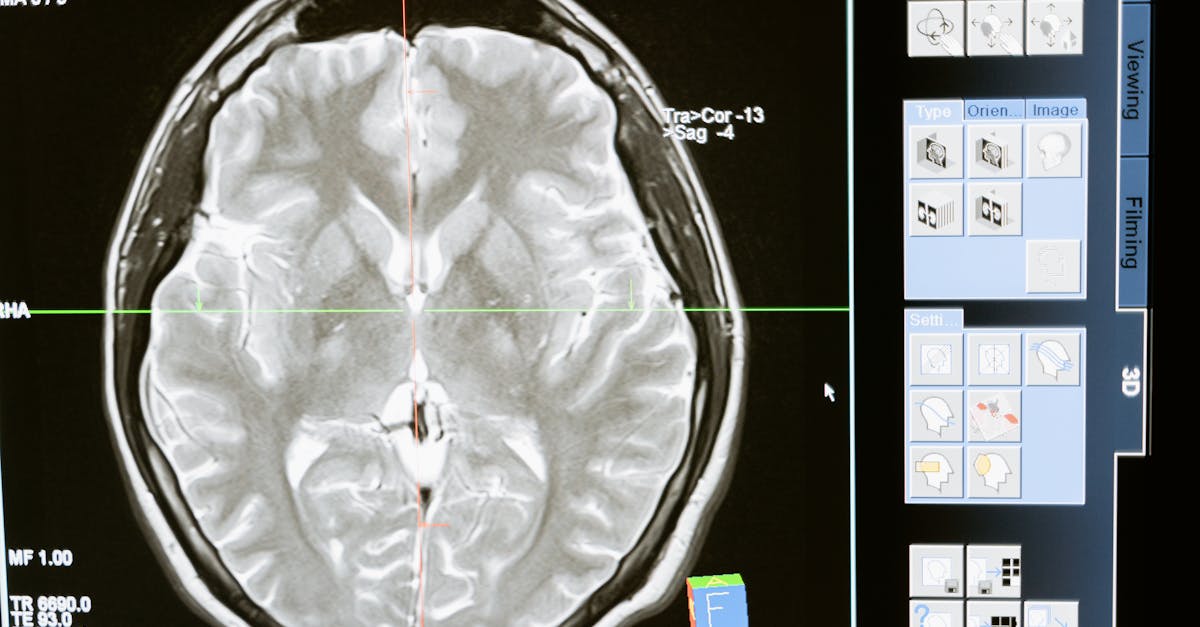Published on:
6 min read
Unlocking Memory: Essential Dementia Tests for Early Detection
Early detection of dementia is crucial for effective management and improved quality of life. In this post, we explore essential tests that can help recognize potential memory issues and guide timely intervention.

Understanding Dementia: What You Need to Know
Dementia is a general term for a decline in cognitive function severe enough to interfere with daily life. It encompasses various types, including Alzheimer's disease, vascular dementia, and Lewy body dementia. Symptoms may include memory loss, challenges in communication, and difficulties with reasoning and judgment. Understanding these early signs is vital for effective intervention. Families should be proactive, recognizing the importance of early testing that specializes in identifying cognitive impairments. This awareness can lead to earlier access to treatments, support systems, and community resources that promote brain health and enhance quality of life.
Key Dementia Tests for Early Detection
Several tests can help detect early signs of dementia before it progresses. One commonly used tool is the Mini-Mental State Examination (MMSE), which evaluates cognitive functions such as concentration, memory, and language. Another option is the Montreal Cognitive Assessment (MoCA), which is designed to detect mild cognitive impairment. Brain imaging techniques, like MRI and CT scans, provide essential insights into brain structure and any existing damage. Neuropsychological testing can measure a range of cognitive abilities, helping clinicians make accurate diagnoses. Additionally, a thorough medical history and physical examination are crucial to rule out other causes of symptoms.
The Role of Family in Dementia Testing
Family members play a vital role in recognizing the signs of dementia and encouraging loved ones to seek testing. Many individuals may not be aware of their cognitive decline, making it essential for friends and family to support open discussions about any changes in behavior or memory. It can be helpful to approach these conversations with sensitivity, focusing on the benefits that come from understanding one's cognitive health. Additionally, family involvement can provide comfort and reassurance during the testing process, making it less intimidating. Early detection can lead to improved management strategies and a better quality of life for everyone involved.
Conclusion: Taking the First Step
In conclusion, early detection of dementia is pivotal for effective intervention. Understanding the available tests and recognizing the importance of family involvement can pave the way for timely responses to cognitive decline. By being proactive and informed, we can help those affected maintain their memories and enjoy a better quality of life.
Published on .
Share now!










